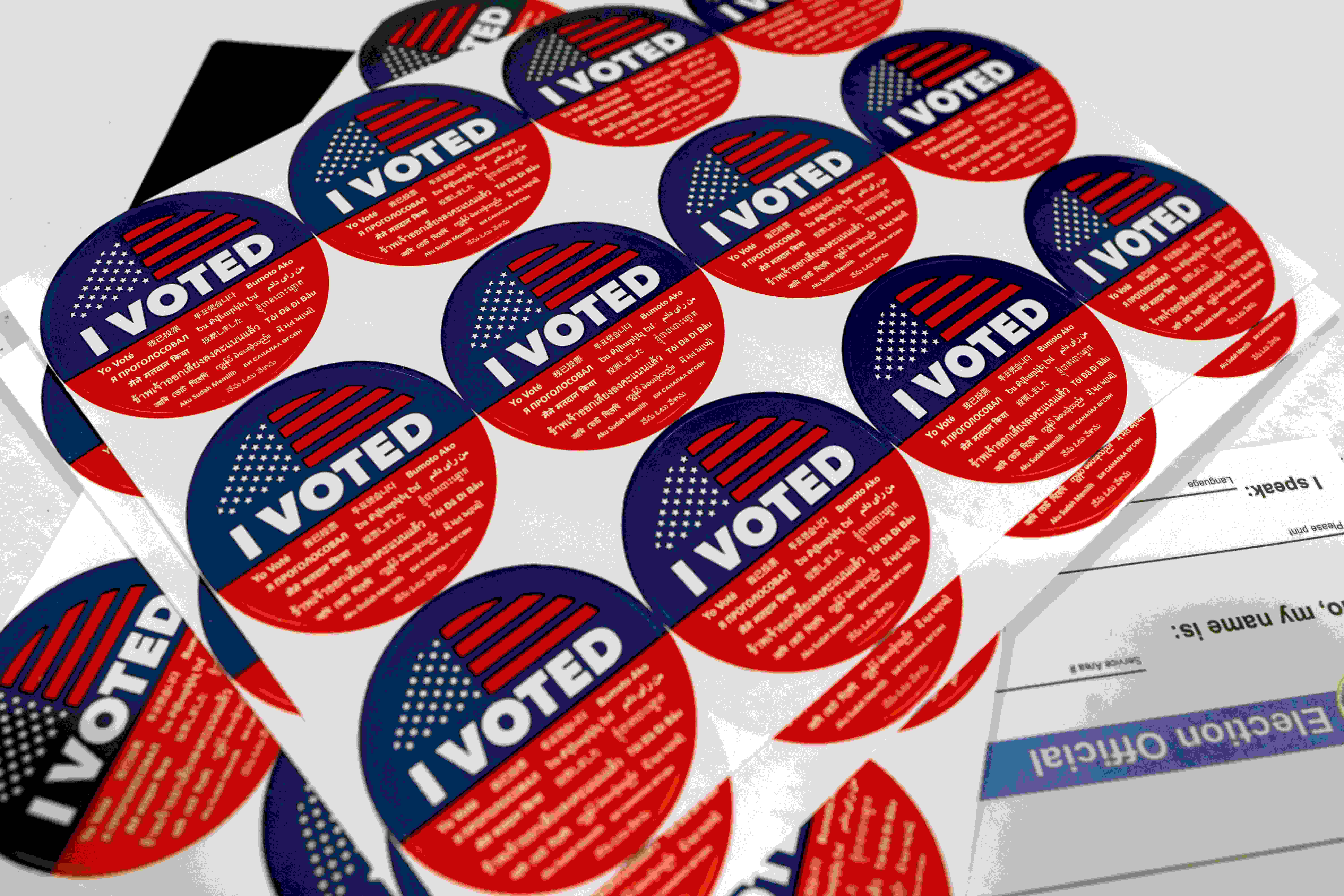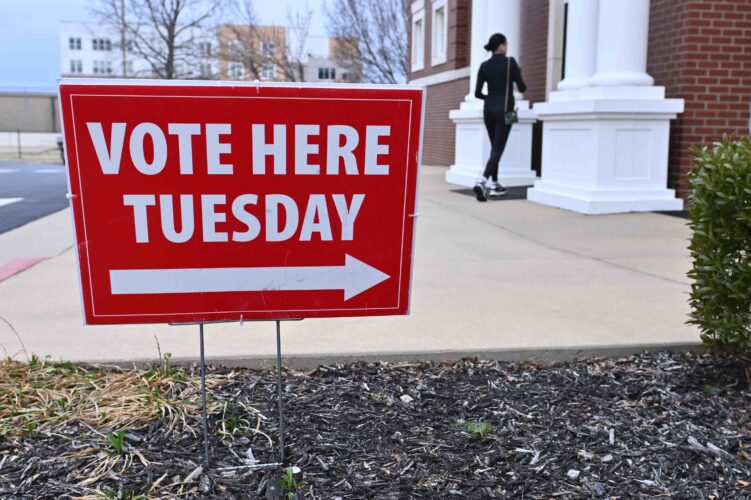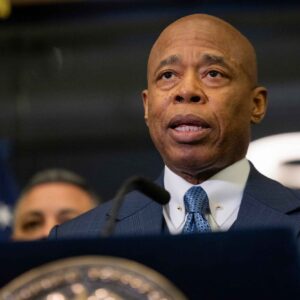Considered one of the most crucial days of the presidential election cycle, Super Tuesday marks the largest single-day slate of primary elections, leaving hundreds of delegates across 15 states and one US territory up for grabs by presidential hopefuls on both sides of the aisle.

Though Super Tuesday 2024 carries far less suspense than in years past given the incumbency of President Joe Biden for the Democrats and the untouchable lead of former President Donald Trump within the Republican Party, the party contests will still provide important insights into where the country stands heading into the general election in November.
Here’s what to know for this year’s Super Tuesday . . .
Which States are Voting?
Voters in 15 states—Alabama, Alaska, Arkansas, California, Colorado, Maine, Massachusetts, Minnesota, North Carolina, Oklahoma, Tennessee, Texas, Utah, Vermont, and Virginia—will head to the polls today to cast their ballots in the Republican presidential primary. With the exception of Alaska, those same states will also hold their Democratic primary contests, and the US territory of American Samoa will hold its Democratic caucus.
Today also marks the last day for mail-in primary ballots to be submitted in the Iowa Democratic caucus, which will conclude tonight alongside the other contests.
Learn the benefits of becoming a Valuetainment Member and subscribe today!
How Many Delegates Are Available?
The Republican primaries on Tuesday will determine the votes of 874 of the party’s total 2,429 delegates. The winning candidate for the Republicans will need to secure 1,215 delegates total to earn the party’s nomination.
Donald Trump, the clear Republican frontrunner, has already locked up 273 following his victories in multiple states. Former South Carolina Governor Nikki Haley has secured just 43 so far, with nearly half coming from her first primary victory in Washington, DC on Sunday.
On the Democrat side, 1,421 delegates—nearly two-thirds of the party’s total—are up for grabs. As the incumbent, Joe Biden will need to secure 1,969 to win the Democratic nomination for a second time. Biden is the far-and-away favorite within his party, with distant rivals Marianne Williamson, a self-help author who recently rejoined the race, and Minnesota Congressman Dean Phillips having secured no delegates so far.
How Do the States Assign Delegates?
In California, Maine, Massachusetts, Utah, and Vermont, the delegates go to the majority vote winner in the closest thing to a winner-take-all contest the Republican Party will allow before March 15th.
Tennessee awards all its delegates to one candidate only if he or she wins two-thirds of the vote, and Minnesota requires an 80 percent win for all its delegates.
Alabama, Arkansas, Oklahoma, Texas, and Virginia award their statewide delegates to the simple majority winner and dole out their congressional district delegates separately.
What Challenges Do the Candidates Face?
Though facing little competition from Haley, former President Trump is unlikely to secure the needed 1,215 delegates by the end of Super Tuesday alone. However, the hundreds he is likely to pick up will put him within striking distance of the nomination, allowing him to make up the rest in the states that hold primaries in the next two weeks.
After losing to Trump in her home state’s primary last month, Haley vowed to stay in the race until after Super Tuesday. She has been intentionally vague about her plans after that, leading many to expect her to drop out if she does not manage to secure a miraculous boost in support.
For Biden, who is running essentially unopposed, the major challenge comes from within the voter base rather than from rival candidates. Despite Biden’s impressive win in Michigan’s primary last week, 13.2 percent of Democratic voters cast their ballot for “uncommitted” in an organized protest by Muslim residents against the president’s pro-Israel stance. It remains to be seen if progressive protests will continue to impact Biden’s poll performance.
What Else is on the Ballot?
In addition to the presidential primaries, voters will also be asked to decide on a number of down-ballot races. These include:
- The California Senate Primary, which will decide late Senator Dianne Feinstein’s successor. Rep. Adam Schiff (D), Rep. Katie Porter (D), Rep. Barbara Lee (D), and former MLB player Steve Garvey (R) are competing for the top two spots.
- The Texas Democratic Senate Primary to select a Democrat to run against Republican Senator Ted Cruz. State Senator Roland Gutierrez and Rep. Colin Allred are the favorites to win.
- The Texas Republican House Primary, deciding between 11 Republican contenders to replace outgoing Rep. Michael Burgess.
- The Alabama Republican House Primary, pitting incumbent Reps. Jerry Carl and Barry Moore against each other after redistricting eliminated one House seat.
- The North Carolina Gubernatorial Primaries, in which both Democrats and Republicans will determine nominees to replace outgoing Democratic Governor Roy Cooper.
Stay tuned to VT.com for breaking news and election results as Super Tuesday voting continues.
Connor Walcott is a staff writer for Valuetainment.com. Follow Connor on X and look for him on VT’s “The Unusual Suspects.”



















Add comment